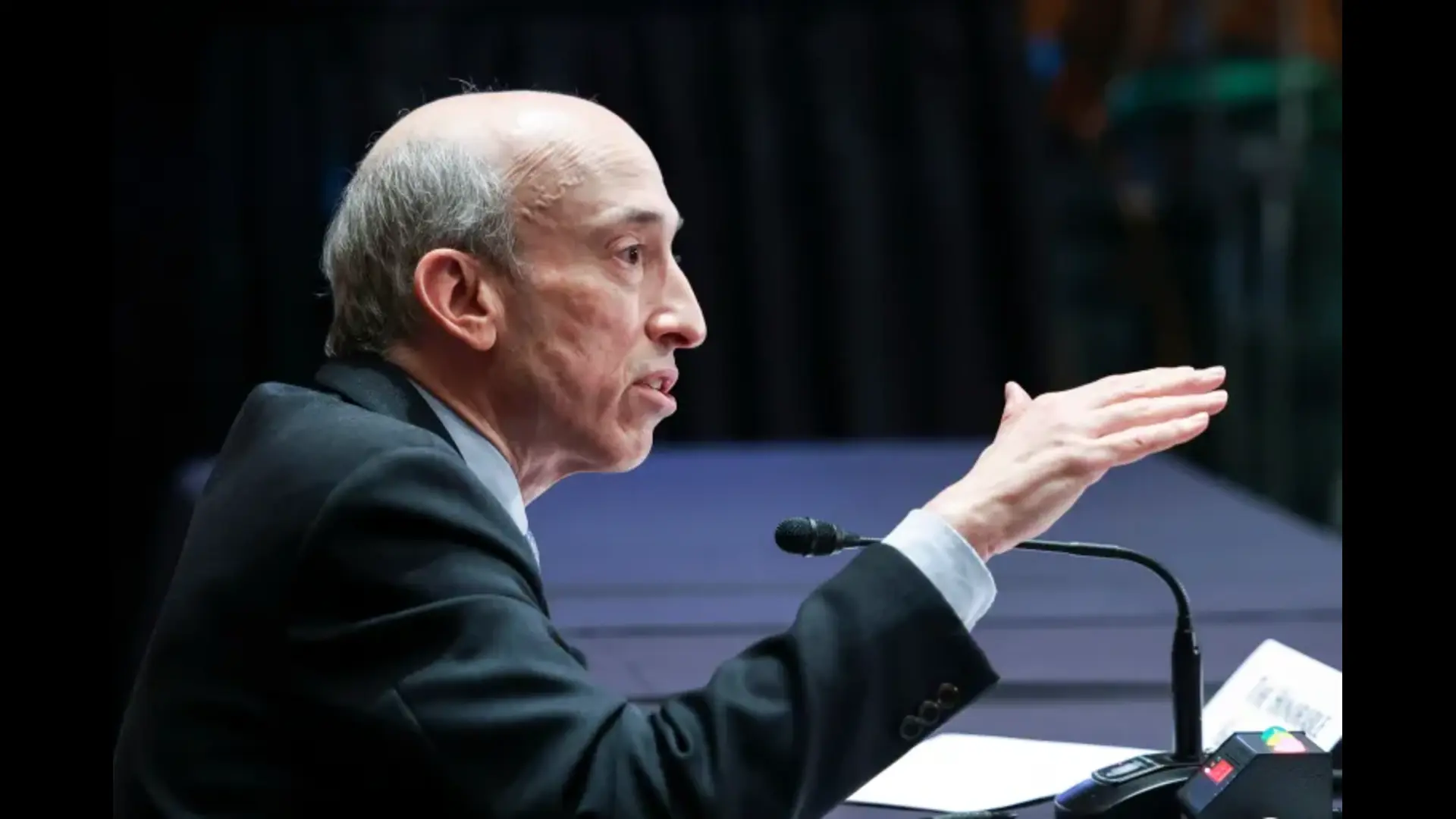
Crises are not caused by situations, but by our state of mind. In the face of adverse situations, some people become hopeless and even end their lives, but there are others who are endlessly hopeful. If we think right, we can turn a crisis into an opportunity. Instead of blaming or complaining about situations, we need to see what is in our control and act accordingly.
Experts have identified eighteen types of thoughts that create the feeling of a crisis.
One such way of thinking is called catastrophising — viewing a situation as considerably worse than it actually is. For example, if it is raining heavily, one will think it is a cloudburst; if one experiences a little pain in the chest, one will fear it is a heart attack.
Then there is overthinking, which leads to confusion and panic.
Another kind of thought that creates the feeling of a crisis is, ‘Why me?’ A lot of people are known to react in this way when they are diagnosed with a chronic illness.
One more factor that creates crises is having an all-ornothing approach — considering only the two extremes of a situation, with no middle position or compromise available. In life, things are not black and white, but of various shades in between.
Why do we need to be calm? How does it help? Staying calm has multiple benefits. You get the right thought at the right time, you can take the correct decision, and act quickly.
When we are nervous and flustered, our thinking becomes muddled, and that delays remedial action.
In nervous agitation one feels that one is doing a lot quickly, but in reality it is a calm mind that leads to early action. How does one remain calm in a difficult situation?
The world of seafaring offers a lesson. New sailors might try to flee a storm, but veteran seamen know that the best place to be in is the eye of the storm, where the sea is calm.
Similarly, we need to focus our attention inward, on our state of mind, instead of outside, on the situation, to resolve a crisis efficiently. At our core, we are souls, beings of peace. Turning inward and tapping into that peace helps to stabilize the mind.
At the same time, while hoping for the best, we should prepare ourself, mentally and otherwise, for the worst, as that will save us excessive trauma.
Some people tend to create anticipatory stress by imagining all sorts of negative ‘what if’ scenarios. Instead, we need to accept whatever life brings to us — acceptance solves half of our problems. Acceptance, watching your mind to recognise unhelpful thought patterns, and thinking about the possible solutions are the three practical steps to resolving a crisis.
Dr Girish Patel is a well-known psychiatrist based in Mumbai, and a student of Rajyoga with the Brahma Kumaris.















